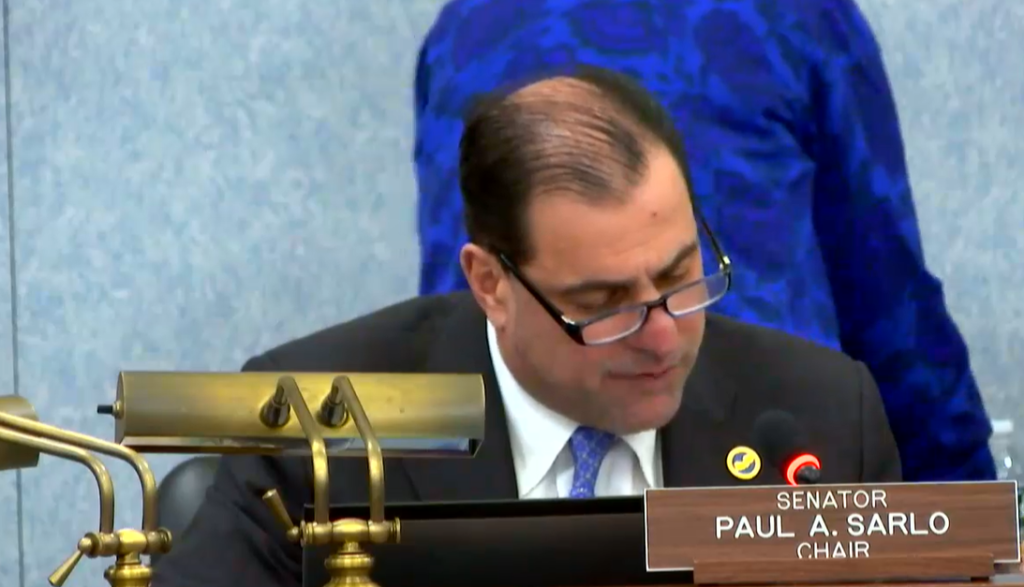Sarlo-Ruiz Bill Would Offer ‘Bridge Year’ to Students Losing Time to School Shutdown

Sarlo-Ruiz Bill Would Offer ‘Bridge Year’ to Students Losing Time to School Shutdown
Trenton – Students who are losing time crucial to their academic careers due to COVID-19 school closings would be offered the opportunity of a “bridge year,” under terms of legislation sponsored by Senator Paul Sarlo and Senate President Pro Tempore M. Teresa Ruiz that was approved by the Senate Budget Committee today.
The bill, S-2383, would have the Commissioner of Education establish a three-year “Bridge Year Pilot Program” for students graduating high school in 2021 and 2022 and were impacted by public health state of emergency caused by coronavirus disease 2019.
“This year’s sophomores and juniors will miss learning time crucial to their future,” said Senator Sarlo, (D-Bergen). “The third and fourth marking periods were just ripped away from these kids. Losing in-person instruction for challenging college preparatory classes can negatively impact their grades and hurt their chances of being admitted to a more competitive college or receiving a scholarship.”
While the plan could aid student athletes, Senator Sarlo said it is “academically driven” because it provides the opportunity to go to college as a non-matriculated student at a reduced rate to take courses that will prepare them for a four-year college, retake SATs to improve their scores and return to their high school to play a spring sport or participate in a school activity they missed out on this year.
“We understand this has been hard on students for a variety of reasons, and it is important we are taking into account all aspects of a student’s academic experiences when working to mitigate the impact of COVID-19,” said Senator Ruiz (D-Essex). “The sophomore and junior year are crucial to the college application process, unfortunately, students’ abilities to prepare for standardized tests and tour campuses have been deeply disrupted. The bridge year can provide students the opportunity to retake SATs and carefully consider their college decision while completing gen-ed courses and gaining valuable experience from high school extracurriculars. We hope to mirror the intent of this throughout K through 12, and will continue looking for innovative solutions to bridge the learning loss.”
The bridge year would benefit students by retaining eligibility for school activities important to career opportunities, such as drama clubs, filmmaking, foreign language clubs and intra-murals.
At the county college, they would pay $145 per credit plus minimal lab fees. The credits would be transferable to any New Jersey public institution and to private or out-of-state schools that choose to accept them. Students pursuing a bridge year would be eligible for grants and scholarships under the tuition aid program or the NJSTARS program if they meet all other eligibility requirements.
Under the proposal, students would only be able to play spring sports for the school they attended junior year and must meet the age participation requirements of the New Jersey State Interscholastic Association. They would have to declare for the bridge year before the beginning of the second semester of their senior year.








